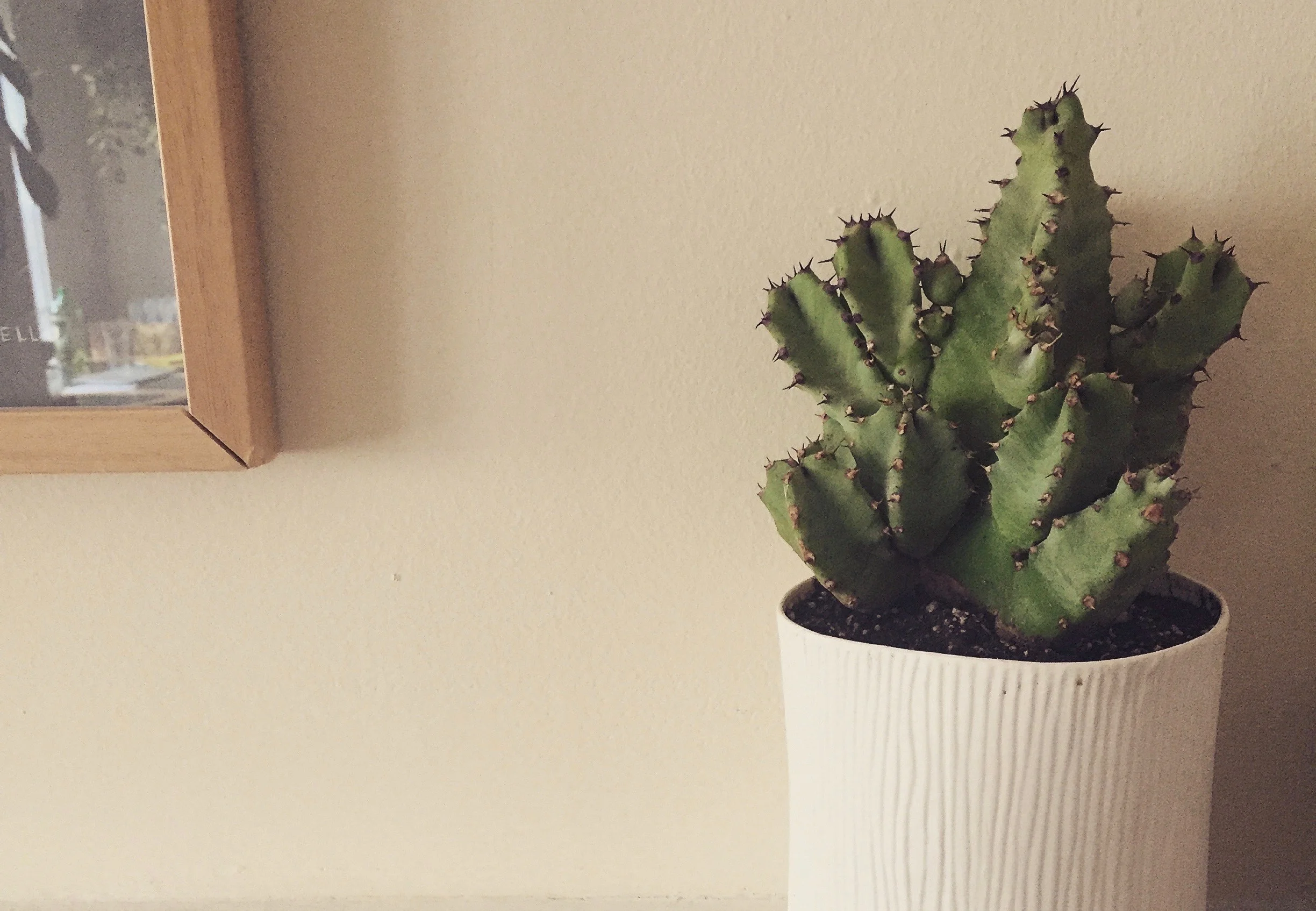Students demonstrating the theory outlined in “Heteropatriarchy and the Three Pillars of White Supremacy” (Smith, 1998).
I value thoughtful, challenging feedback. And I regularly ask for critical feedback in return, recognizing the potential for my own blind spots and lack of clarity or experience.
My teaching philosophy is a synthesis of the scholar-activists who have come before me. Brazilian educator Paulo Freire, and his pedagogy of the oppressed, is the foundation of much of my work in the classroom. Freire revolutionized the art of teaching, insisting that each person, regardless of their level of formal education, was an expert of their own lived experience. bell hooks’ work on critical pedagogy champions the rightful place of personal experience in the context of dialogue in higher education – insisting that theory and content must be reflected into a participant’s emotional and psychic landscape by way of integration, to move toward action-oriented application. And George Lakey’s direct education approach, which explores the idea that many intangible concepts can be mimicked in the classroom through experiential means and anchored in student’s minds to then apply outside, is also mirrored in my technique.
As an avid supporter of emotional literacy and emotional learning, I have, over the years, refined my posture toward conflict in learning spaces. When facilitated slowly and held in an environment of trust and support, conflict in the classroom is crucial while investigating racism and the systems of oppression. Students should be encouraged to find the space to confront their own internalized beliefs, to combat rigid, binary thinking and instead promote ideas of mutuality, coexistence, and integration. This is fundamental.

